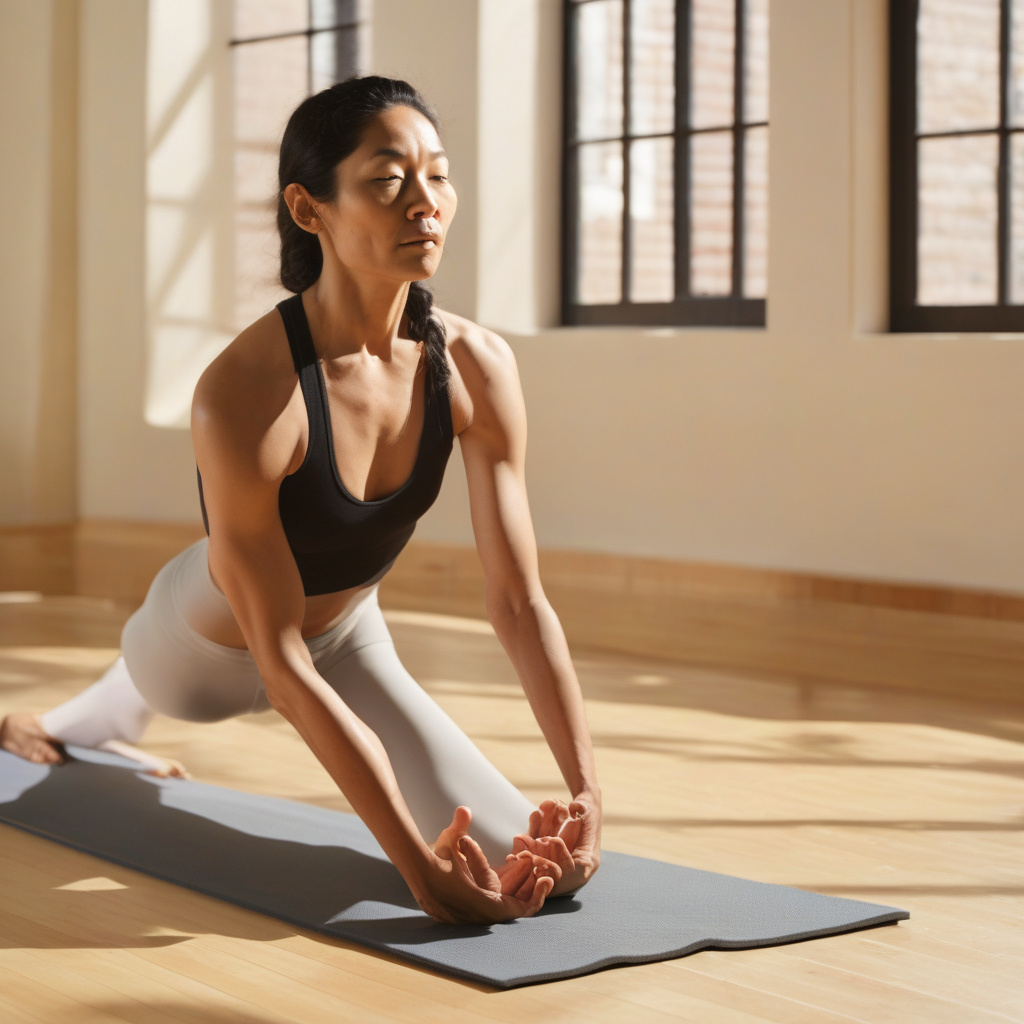Millennial Yoga Guru Sues Alo For Age Discrimination
In a surprising turn of events, a prominent yoga instructor, well-known among millennials and celebrities, has taken legal action against the trendy athleisure brand Alo. The reason? Alleged age discrimination. Despite her popularity and skill in the yoga world, the instructor, now in her 40s, claims that she was dismissed from her position because she no longer fit the “Alo aesthetic.”
The case brings to light a crucial issue that many industries, including the wellness and fitness sectors, are grappling with: the treatment of influencers and instructors as either employees or independent contractors. With the rise of social media and influencer culture, individuals like the yoga guru in question often straddle the line between being a brand representative and a traditional employee.
For many millennials, Alo has been more than just a clothing brand; it has become a lifestyle. The brand’s sleek designs and association with wellness and yoga have garnered a massive following, especially among younger generations. However, this lawsuit raises important questions about inclusivity, diversity, and age representation within the brand and the broader wellness community.
The crux of the matter lies in whether influencers and instructors who collaborate with brands like Alo should be protected under employment laws. While these individuals may enjoy certain perks and visibility, they may also face instability and lack of legal protection compared to traditional employees. The case also challenges the notion of ageism in industries that often prioritize youth and a specific aesthetic.
As the lawsuit unfolds, it prompts a more in-depth conversation about the evolving nature of work, especially in the age of social media and digital influence. Brands like Alo rely heavily on influencers and personalities to promote their products and lifestyle, blurring the lines between personal brand and corporate entity. However, this blurred line can lead to ambiguity regarding the rights and protections of those involved.
Moreover, the case highlights the importance of representation and inclusivity in the wellness and fitness space. By holding brands accountable for their treatment of influencers based on age or appearance, it signals a shift towards a more equitable and diverse industry. The yoga guru’s decision to speak out against age discrimination serves as a reminder that individuals of all ages and backgrounds have a valuable role to play in the wellness world.
In conclusion, the lawsuit filed by the millennial yoga guru against Alo sheds light on broader issues of age discrimination, employment classification, and representation within the wellness industry. As the case progresses, it has the potential to reshape the way brands engage with influencers and the responsibilities they hold towards these individuals. Ultimately, it serves as a call for greater transparency, fairness, and inclusivity in an industry that prides itself on promoting health and well-being.
yoga, wellness, ageism, influencer culture, inclusivity










